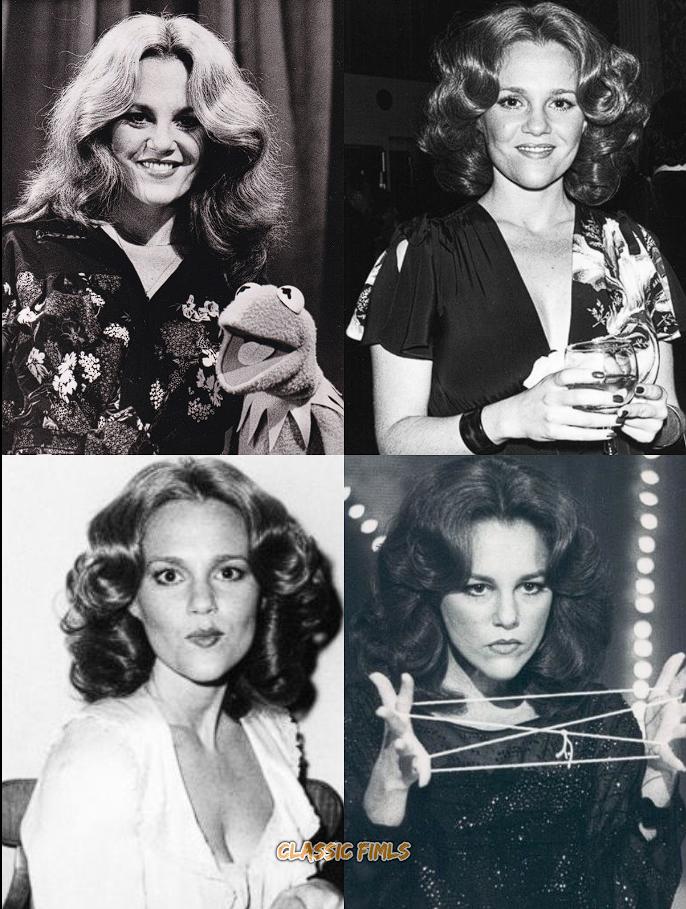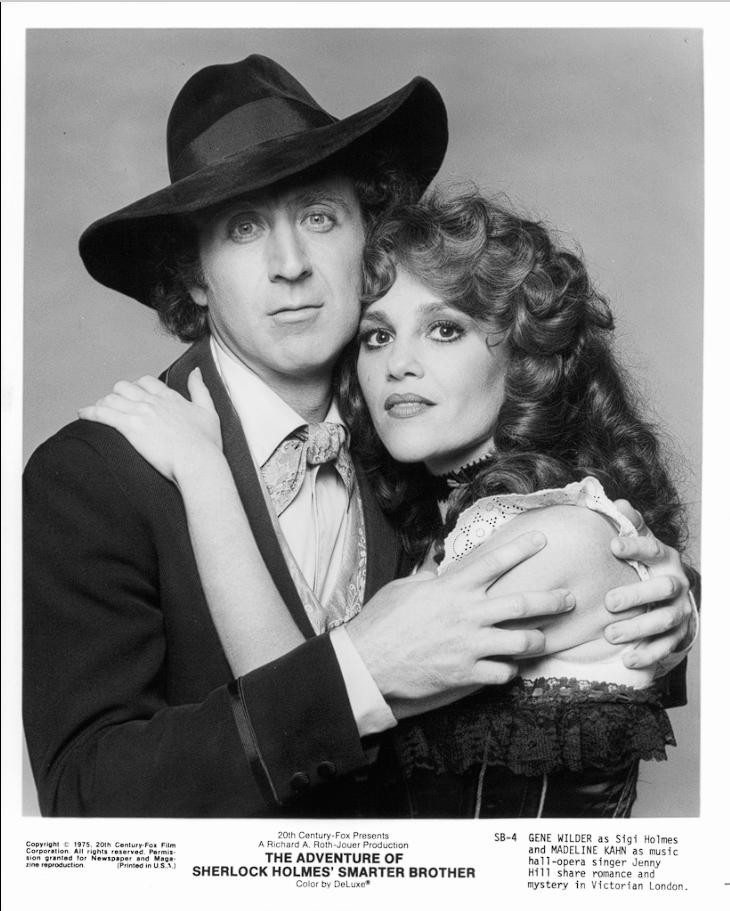Backstage during a 1978 rehearsal, a director whispered words that still echo decades later: “She can do everything except be ordinary.” He was talking about Madeline Kahn—and he wasn’t wrong. Ordinary never existed in her world. From the moment she stepped onstage, something changed. The air shifted. Audiences leaned in. Laughter followed like a standing ovation from the universe itself.
Madeline Kahn didn’t just make people laugh. She made them feel wonder, awe, and joy—all in the space of a single punchline. With a milkshake in one hand and a tiny dog in the other, she could walk offstage, then return and deliver a laugh-out-loud cue with such precision it seemed divinely orchestrated. That was Madeline Kahn: comedic genius, vocal virtuoso, and quiet rebel wrapped in grace.
Madeline Kahn’s Early Life and Musical Training
Before Madeline became a queen of comedy, she was preparing to be something entirely different. Her journey began not in a comedy club, but in the world of arias and overtures.
From Boston to Broadway Dreams
Madeline Kahn was born in Boston and raised in New York, where her artistic inclinations surfaced early. Her voice, strong and expressive, led her to pursue formal music studies, with the aim of becoming an opera singer. She wasn’t chasing fame—she was chasing mastery.
Discipline Behind the Genius
At Hofstra University, Madeline studied both drama and voice, cultivating a skill set that went far beyond comedic timing. Her operatic training gave her the kind of vocal control most performers only dream of. But life had other plans. Her voice would still take center stage, just not in the way she first imagined.
When Comedy Called
It turns out, comedy had been waiting for her all along. Madeline’s timing was supernatural—sharp as a knife, but never cutting. It wasn’t just her voice that made her extraordinary. It was what she did with it: the squeaks, the sighs, the musical chaos wrapped inside a joke. She could play absurdity like a violin, and audiences fell in love.
Madeline Kahn’s Breakthrough Roles in Comedy
If Madeline Kahn’s early years were about training, her film career was about unleashing. And once the door opened, there was no closing it.
What’s Up, Doc? – The Comic Revelation
Her breakthrough came with What’s Up, Doc? (1972), where she played Eunice Burns—a character so hilariously rigid that she practically became a meme before memes existed. It was clear: Madeline Kahn had arrived, and comedy would never be the same.
Blazing Saddles and the Birth of a Legend
Then came Blazing Saddles (1974), directed by Mel Brooks. As Lili Von Shtupp, the weary songstress with a voice like molasses and a delivery like dynamite, Madeline stole the show. She wasn’t just acting—she was reinventing what women in comedy could do.
Young Frankenstein and Comic Immortality
Young Frankenstein (1974) followed shortly after, cementing her legacy. Playing Elizabeth, she balanced vanity, innocence, and chaos in a single breath. Gene Wilder famously admitted that Madeline broke his character more than any other actor. She was that good.
Madeline Kahn’s Unique Style and Fearless Voice
Comedy wasn’t just something Madeline did—it was something she believed in. And she fought for every line, every laugh, every moment that mattered.
Comedy as an Art Form
Where others might settle for cheap laughs, Madeline Kahn pursued something deeper. She had an almost scientific understanding of timing. A tilt of the head, a pause, a whisper—she knew how to turn silence into thunder.
Standing Her Ground on Set
On the set of Paper Moon, Madeline famously clashed with a director who wanted to rewrite her lines. She pushed back—not for ego, but for the integrity of the scene. She wasn’t just performing comedy; she was crafting it, protecting it, elevating it.
A Voice That Could Do Anything
From high notes in operetta to guttural grunts in farce, Madeline’s vocal range became a secret weapon. She wasn’t afraid to look silly, but never was she out of control. Her chaos was choreographed, her weirdness intentional—and her brilliance unmatched.
Madeline Kahn’s Legacy and Final Years
As the years passed, Madeline Kahn never lost her light. Even as illness crept in behind the scenes, she continued to give the world her heart.
Grace Through Adversity
In her final years, Madeline battled cancer privately, performing with the same fire and precision as ever. There was no public complaint, no dramatic exit. Just quiet courage and enduring grace.
A Love Story at the End
Two months before she passed, she married the love of her life in a quiet ceremony. It was her final act of joy—proof that even in the hardest moments, laughter and love still had their place.
Remembering the Comedy Genius
When we remember Madeline Kahn, we don’t just remember the jokes. We remember the feeling: the spontaneous laugh that burst out before we knew it was coming. The way she filled a screen, a stage, a heart.
Conclusion: Why Madeline Kahn Will Always Be Unforgettable
She wasn’t ordinary. She wasn’t trying to be. Madeline Kahn was comedy’s thunderstorm—brilliant, rare, impossible to predict, and unforgettable. She could walk offstage with a milkshake and a dog, and walk back on with genius in her pocket. And she did it all without drama—just talent, raw and real.
So maybe the real question is: Do you remember the first time you saw her on screen? Maybe it was a sarcastic smirk in Clue or a scene-stealing laugh in High Anxiety. Whatever it was, it stuck with you. Because that’s what Madeline Kahn did.
Let’s celebrate her brilliance—share your favorite Madeline Kahn moment, and keep her laughter echoing where it belongs: everywhere.
